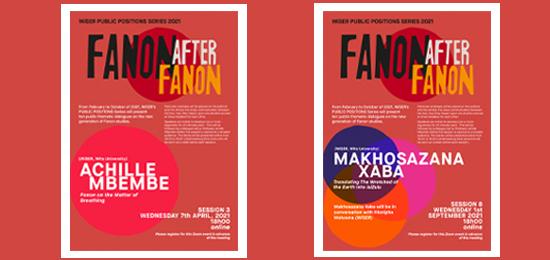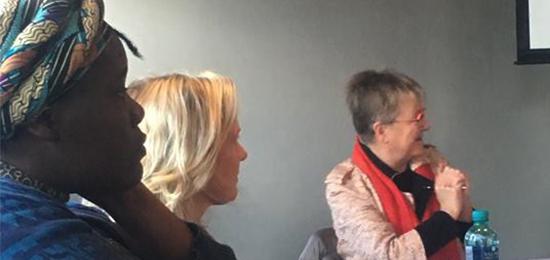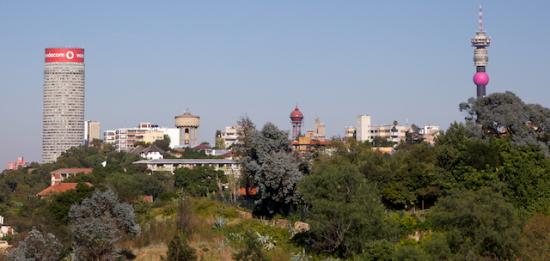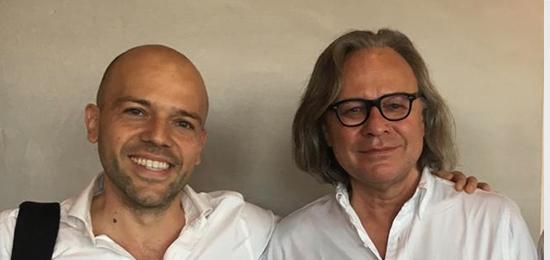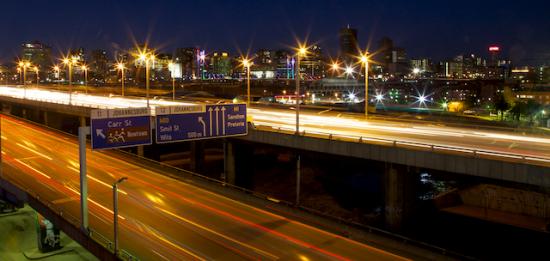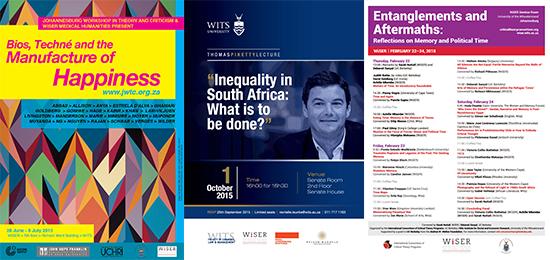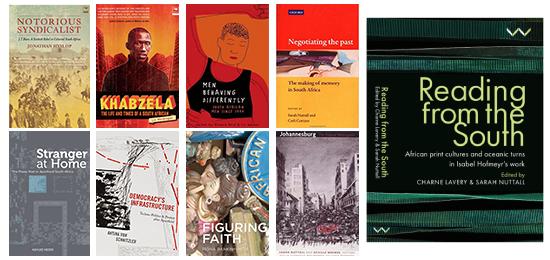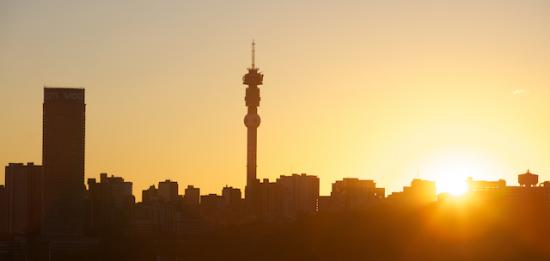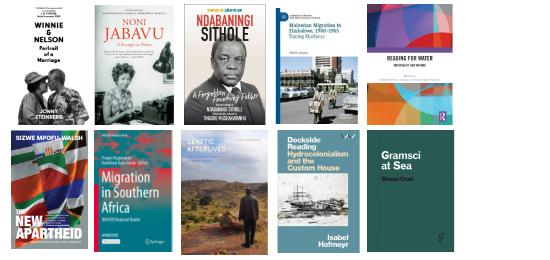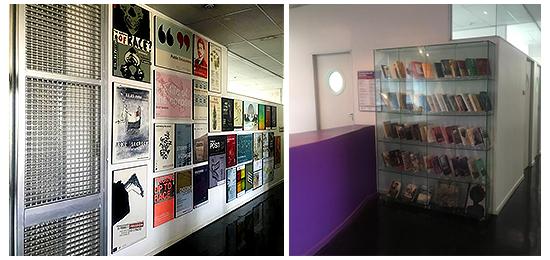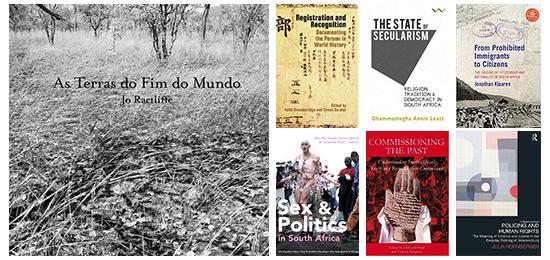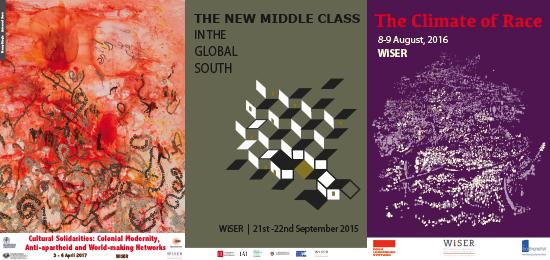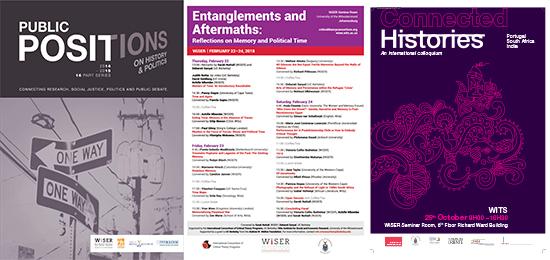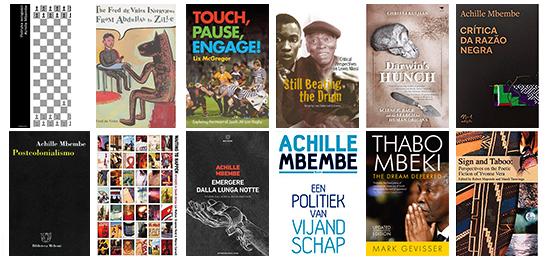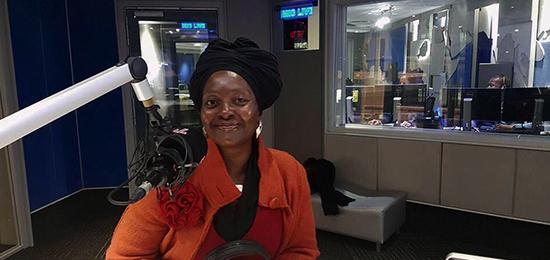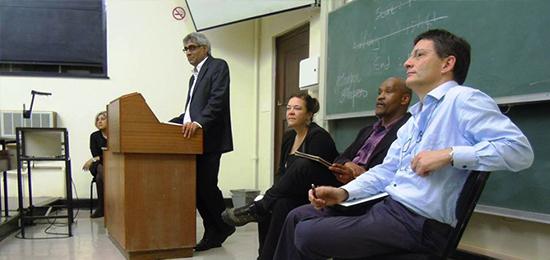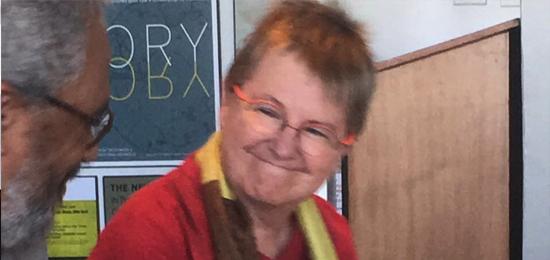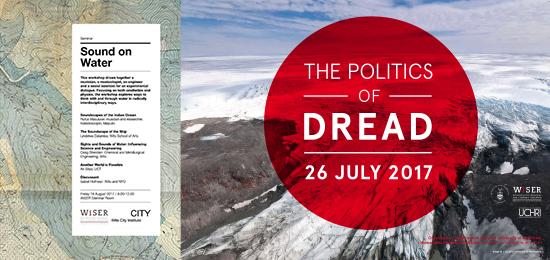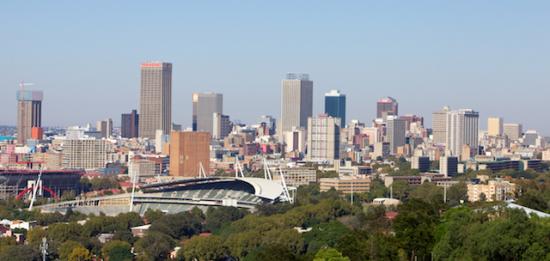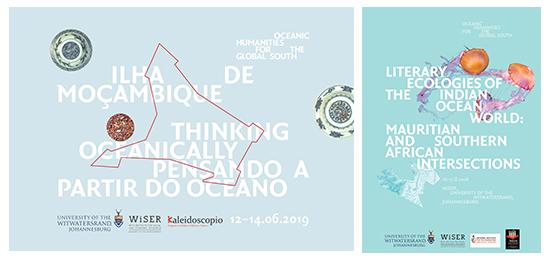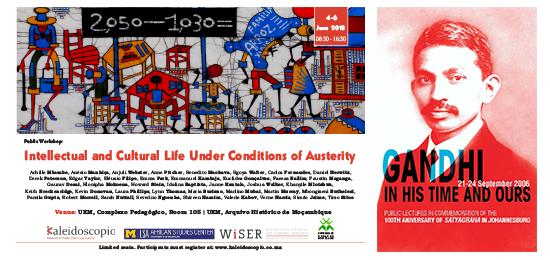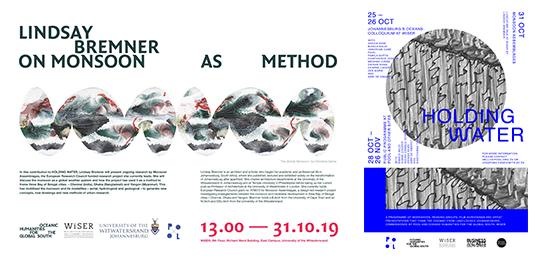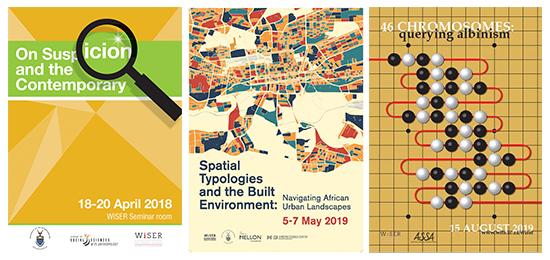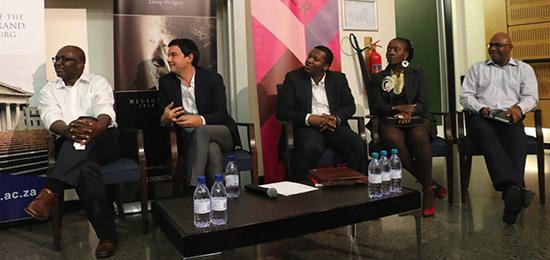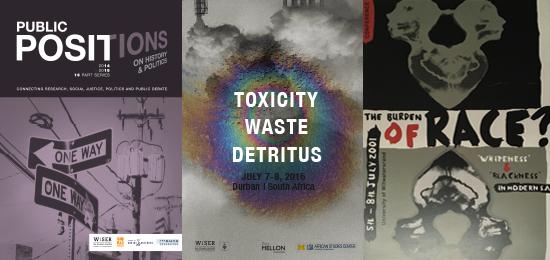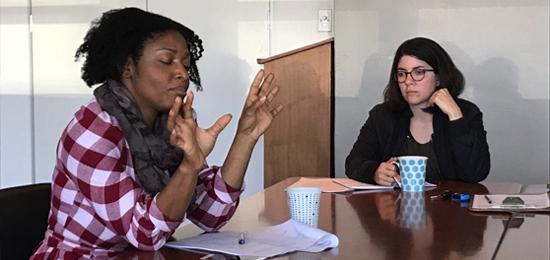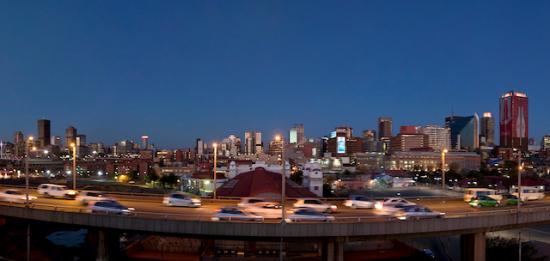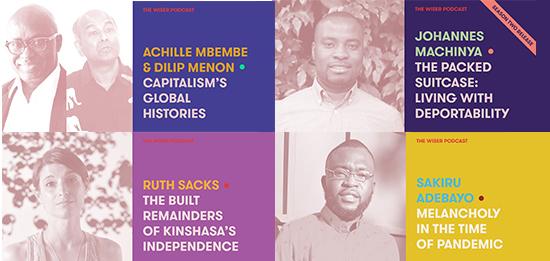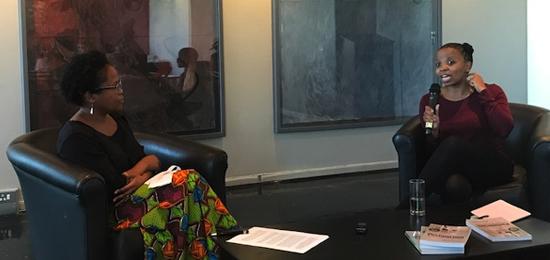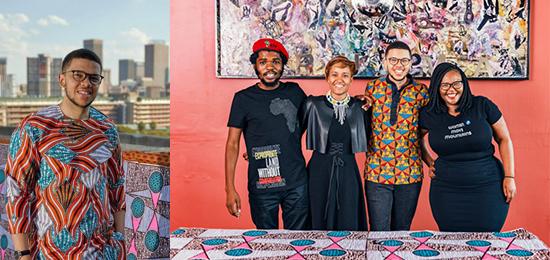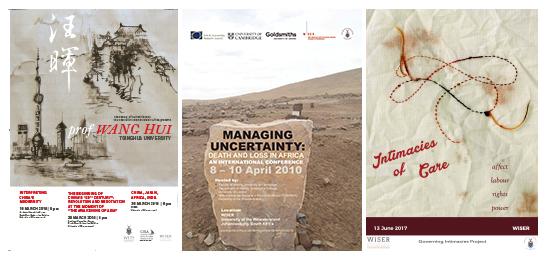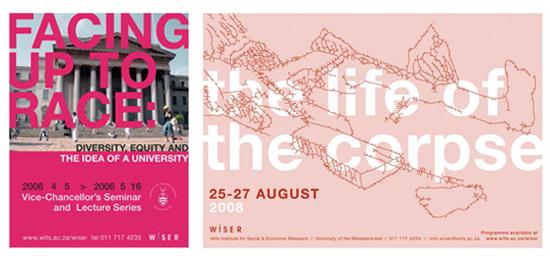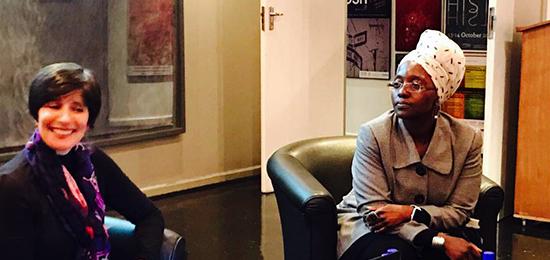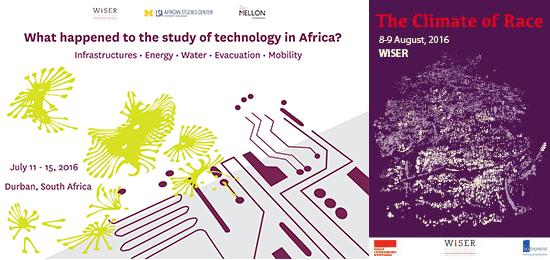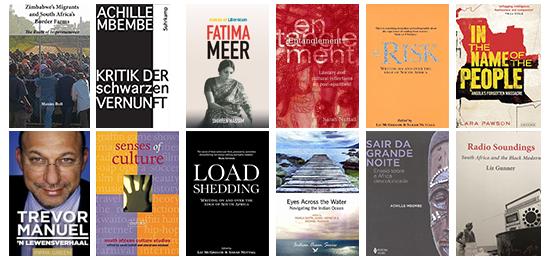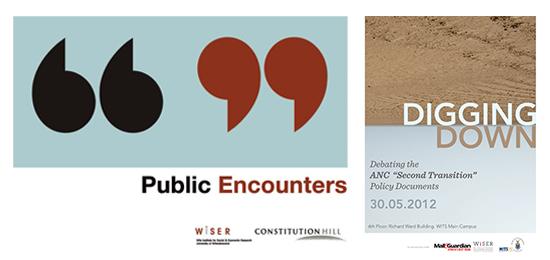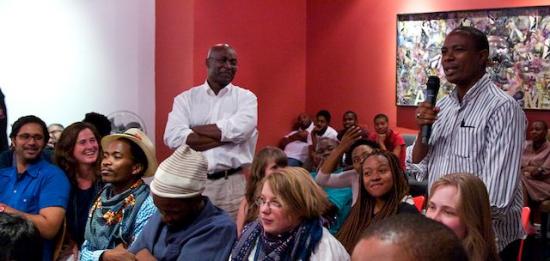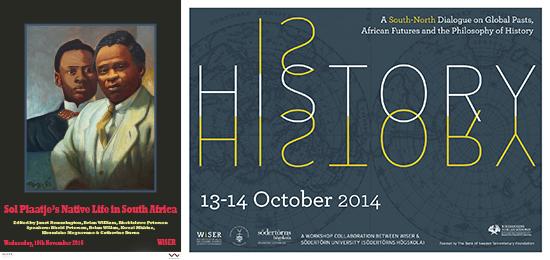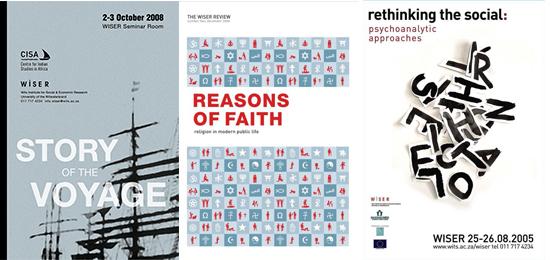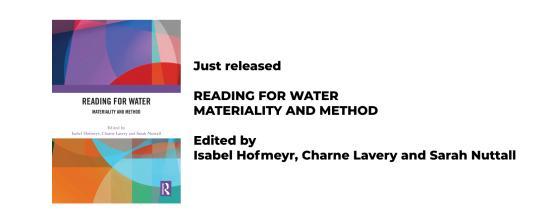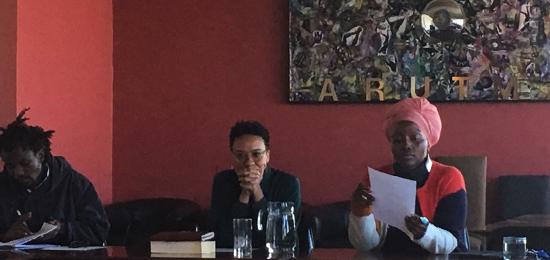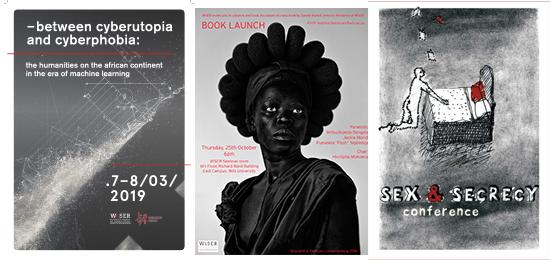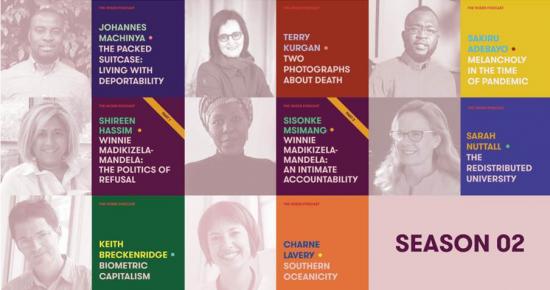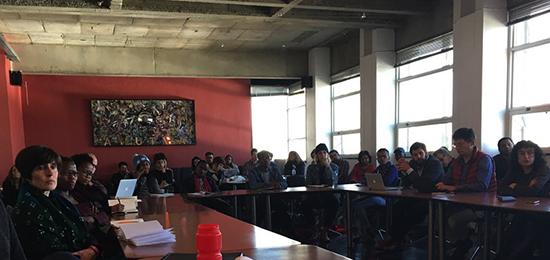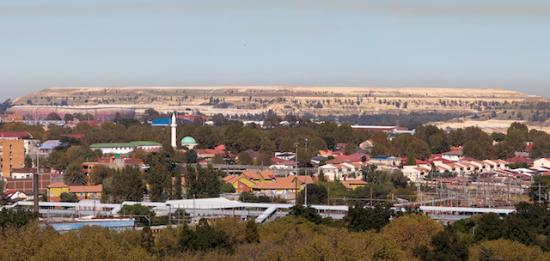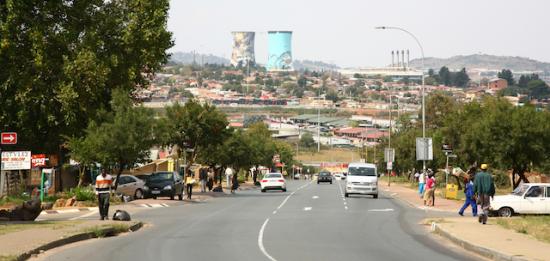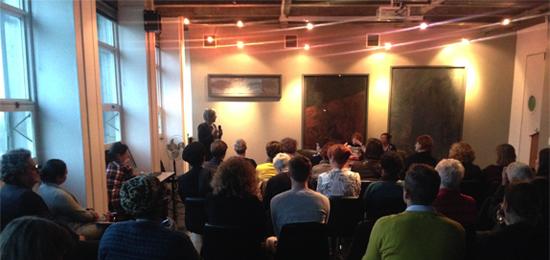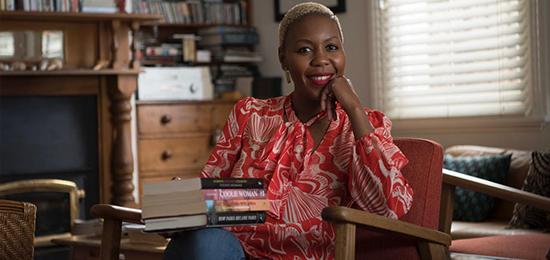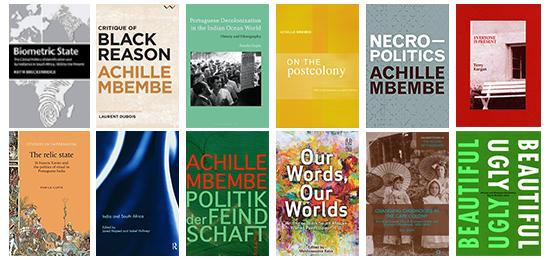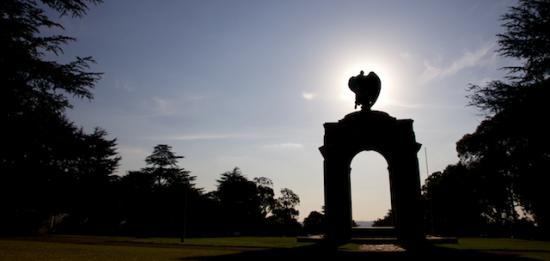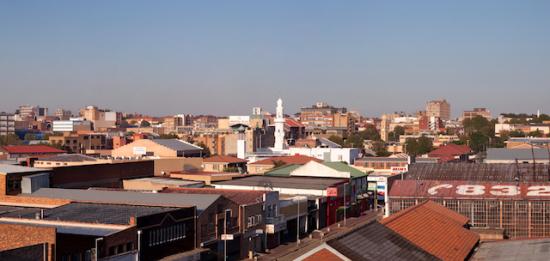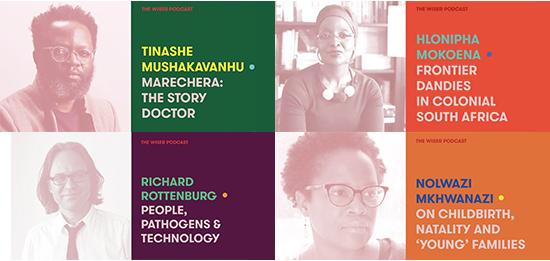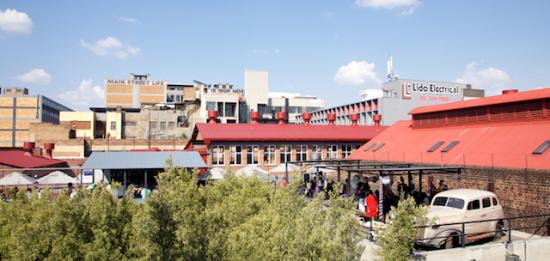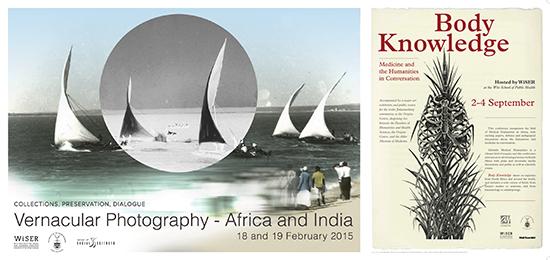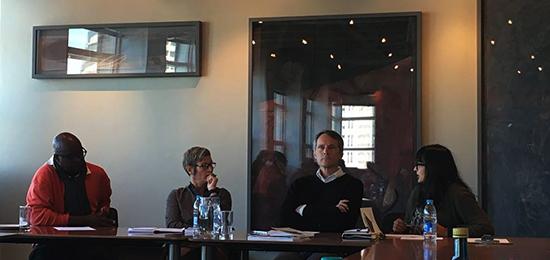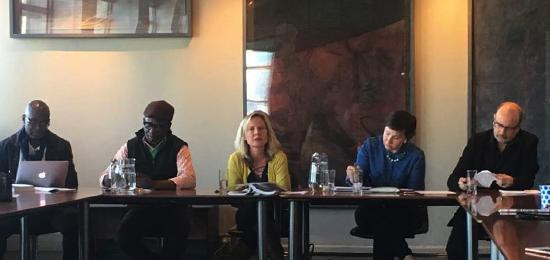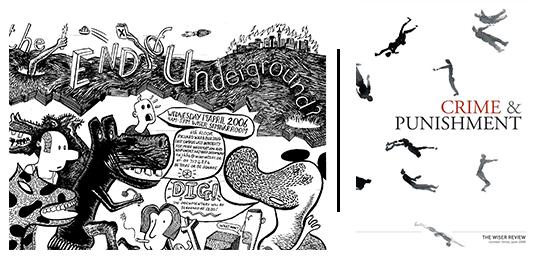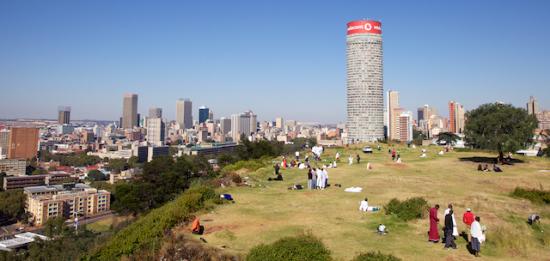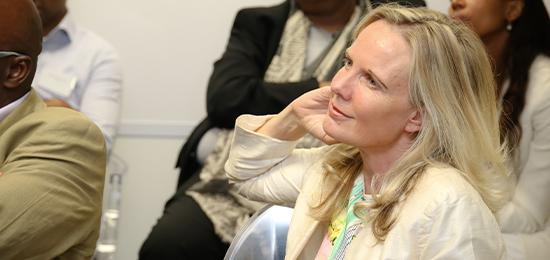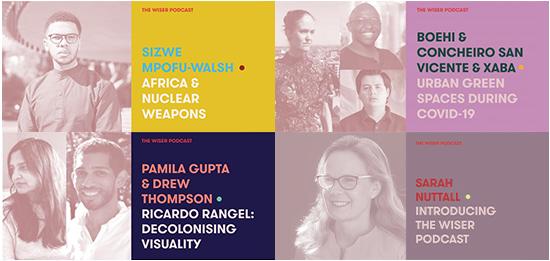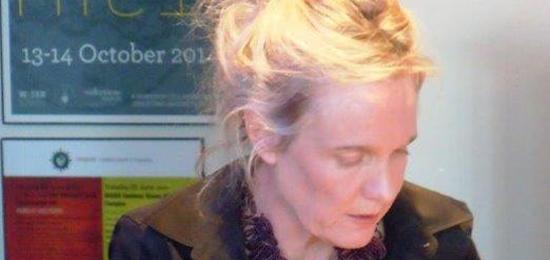Public Space, Infrastructure, and Informality in the Splintering City
Prepared by Claudia Gastrow, Martin Murray and Anne Pitcher
Contents
Rationale
Proposed Sessions
-
Exploring Infrastructure
-
Aesthetic Cities
-
Scales and Processes of (De)Segregation?
-
Everyday Urbanism in the Ordinary City
-
Rights to Infrastructure
This workshop will take place in Johannesburg between May 4 and May 10, 2015.
The schedule of events is available at http://wiser.wits.ac.za/page/splintering-urbanism-workshop-schedule-12044.
Rationale
In their ground breaking book, Splintering Urbanism, Stephen Graham and Simon Marvin argued that the social sciences had not taken urban infrastructure seriously enough as an object of study. The book showed how global trends in urbanism such as the rise of elite enclaves of finance and leisure, the seeming abandonment of poor areas of the city, and the increased securitisation and fragmenting of urban space could be linked to fundamental changes in the provision of infrastructure. Broadly speaking, they argued that the previous modernist imagination of infrastructural provision, which aspired to evenly and cohesively cover a geographic expanse, was being replaced with what many would now call a neoliberal restructuring of public goods. This was characterised by increasingly privatised infrastructural systems that divided geographically close spaces from one another and offered selective services to those wealthy enough to be able to afford them, in turn producing spaces of abandonment even in the world’s wealthiest cities. They claimed that the “unbundling” of previously integrating infrastructures was reshaping urban landscapes, senses of time and space, networks of connectivity, and the possibilities for social interactions between the poor and the wealthy. More than a decade since the publication of their book, many of the trends they noted, such as the rise of enclaving, new patterns of segregation, and the divestment of private and state funds from traditional public spaces have become broadly accepted as the predominant trends of contemporary urbanism. Some scholars have concluded that the modernist project was always more rhetoric than reality - never fully realized, even in Europe. Moreover, scholars, artists, and policy makers have problematized the central object of Graham and Marvin’s analysis, infrastructure, by raising questions about what counts as infrastructure and how infrastructure should be studied. They have tracked the sentiments and affects which infrastructure cultivates, and the consumerist desires and political imaginations inspired by various forms of infrastructure stretching from electricity grids to the human body. As a result, researchers have flung open the world of the urban as a site of inquiry, especially in African cities. The rethinking of the everyday workings and imaginations of infrastructure by scholars such as De Boeck (2006) and Simone (2004) have stimulated a literature on the African city that moves beyond Afropessimist accounts, and takes seriously the economic, political, aesthetic, and emotional worlds comprising the networks, relations, and associations of the contemporary metropolis. The rethinking of infrastructure and its relationships to key issues in planning and design has opened up wider possibilities for comparisons between African cities and their counterparts in other countries. Enclaving takes place in Johannesburg, São Paulo, and Los Angeles. The privatisation of historically public services such as electricity and water are processes that can be tracked on global scale. However, even as infrastructure might act as a touchstone for comparison, the different histories of various cities highlight the distinctive genealogies of thinking about urbanism located in diverse parts of the world. The seeming universality of “infrastructure” calls attention to the discrepancies and lack of interaction between many traditions of urban scholarship that would be of enormous benefit to one another. Thus, for example, the massive US-American production of literature about “the ghetto” is often barely touched by people studying “slums” in African countries, even though these studies share similar concerns regarding poverty, segregation, racialisation, marginalisation, and representation. Similarly, studies of colonial cities could provide rich sources of information for understanding contemporary practices of segregation around the world. This workshop aims to explore new ways of studying the urban, in Africa and beyond, by bringing the key issues raised by the “splintering urbanism” thesis into conversation with more contemporary writings about urbanism, especially in the Global South. It brings together scholars in the social sciences and the humanities, including historians, anthropologists, literary scholars, urban planners, architects and geographers working in urban spaces around the globe to generate new understandings of the key concepts and approaches in research and writing on cities. For this workshop we have prepared five sessions which use shared readings, presentations, films, and site visits to provoke discussion.
Suggested sessions:
Exploring Infrastructure
Recent literature on the topic of infrastructure has stretched everyday understandings of what constitutes infrastructure, and conventional ways of understanding its place in the city. While continuing to focus on electricity grids, water provision, sanitation, and waste collection, scholars have suggested more subtle notions of infrastructure, including the study of everyday social relations as forms of infrastructure which enable the city to work for its inhabitants. Soundscapes and digital connections are another arena where research that rethinks the infrastructural conditions of contemporary urban life has made inroads. Still others have looked at the aesthetic worlds of infrastructure to make arguments about everyday urban experience, and the politicisation of urban design, planning, architecture, and land use. This session would open up the core discussion of the workshop by interrogating what constitutes infrastructure, how different scholarly traditions and disciplines approach the topic, and why certain areas of the world become sites for studies of particular forms of infrastructure (for instance, the tendency to study waste in South American and African countries, and analyse mega-projects in India and China) and what might be gained by bringing these different studies from different geographies together.
Aesthetic Cities
One of the central areas of exploration in many new studies of the urban is the aesthetic experience and imagination of infrastructure and space. From anthropological studies which track how judgements of beauty inform legal decisions, to the role of sensual experiences in the production of urban subjectivity, aesthetics in its multiple meanings has become central to urban analysis. Much of the scholarly work on contemporary infrastructure and urban planning has pointed to the political saliency of aesthetics in urban social worlds, where the built environment, urban service provision, and commemorative sites mediate social relationships. This session would bring together writings on urban aesthetics for its participants to think critically about the poetics and experiences of urban life, and their links to other key urban issues such as public space, place-making, housing, architecture, infrastructure, and planning.
Scales and Processes of (De)Segregation?
One of the key issues raised by Graham and Marvin was the growing “splintering” of urban space due to the ever greater privatisation of urban services, and the introduction of neoliberal modes of urban governance. This splintering is linked to a larger global reorganisation of space and time. Wealthy enclaves across the globe have become ever more tightly linked to each other through transport networks, ICT services, and media. In turn, many geographically contiguous spaces become distant in practice due to the disintegration of infrastructures that previously linked them. However, many of the trends of differential access to infrastructure, the production of distance between physically close spaces, and the marginalisation of groups and individuals based on income, race, and ethnicity are hardly new topics for scholars who work on colonial urbanism or, for that matter, in cities of the contemporary Global South. Analyses of contemporary segregation therefore beg the question of what is particularly new about the processes that they are observing. Was there a reversal of these processes at any point in time? In addition, at what scale should segregation be thought of? Should we simply be studying relationships within cities, or would it help to think of networks of difference and marginalisation produced between urban spaces at a global level? How has segregation been experienced? What are the governance practices and property regimes that enable it, or soften its effects? This session will explore historical and contemporary literature on segregation, and practices which appear to contribute to it such as gentrification, securitisation, property regimes, and urban redevelopment. Participants will critically examine contemporary trends in segregation, re-segregation, and desegregation and explore how these influence our theorising about the making of social difference in the city.
Everyday Urbanism in the Ordinary City
Investigations by multiple scholars into economic processes, construction, and governance practices have shown the existence of parallel, unregulated, and shadow systems of making-do and management that have characterise the lives of urban residents in most places in the world. Recent literature has questioned the usefulness of the notion of informality to describe these processes and practices, often pointing out the deep imbrication of supposedly official systems with that classified as unofficial. Given the number of works that suggest that the distinction between the binaries of “formal-informal” or “official-unofficial” might not be a useful one, why is there a constant return to these categories and the theories that accompany them? Why, in particular, do they seem to stick to the cities of the Global South more than those of the North? What is meant by these categories? This session will examine work exploring these categories, and the practices and forms that are associated with them, to interrogate the notion of the official and the unofficial. Tracking the economic, legal, and aesthetic grounds upon which claims to formality are made, it will consider how imaginations of the formal have influenced practices of city-making and planning, and in turn how, as scholars such as Roy (2009) have contended, informality may in fact lie at the centre of city-making. As such, it explores what the categories of informality and the unofficial offer scholars. In rethinking the notions of official and unofficial in relation to the Global North and the Global South the session investigates the themes of representation, politics, and legality in studies of contemporary urbanism.
Rights to Infrastructure
Infrastructure is arguably one of the central technologies that sustains everyday life in cities by connecting city dwellers to urban services. Its absence, disconnection, and breakdown often separate spaces of wealth from those of poverty, thereby isolating citizens with economic and political influence from those urban residents who are sidelined by practices of planning and service provision. The right to be connected to the mainstream of urban life is linked with the equitable provision of infrastructure. It is for this reason that demands for a “right to city”, from Johannesburg to Detroit, have focused on the provision of decent infrastructure. These spaces of contestation have exposed the collusion of state and private investment in the management of urban space and services. This intersection of public and private has therefore forced activists and scholars to grapple with what a “right to the city” means in an age of privatisation. This session will examine the question of urban and property rights, and contemporary urban development and decay with an eye to understanding the larger politics of access to infrastructure. It focuses on questions of infrastructure provision and delivery, and everyday struggles over access to the basic necessities of urban life.

